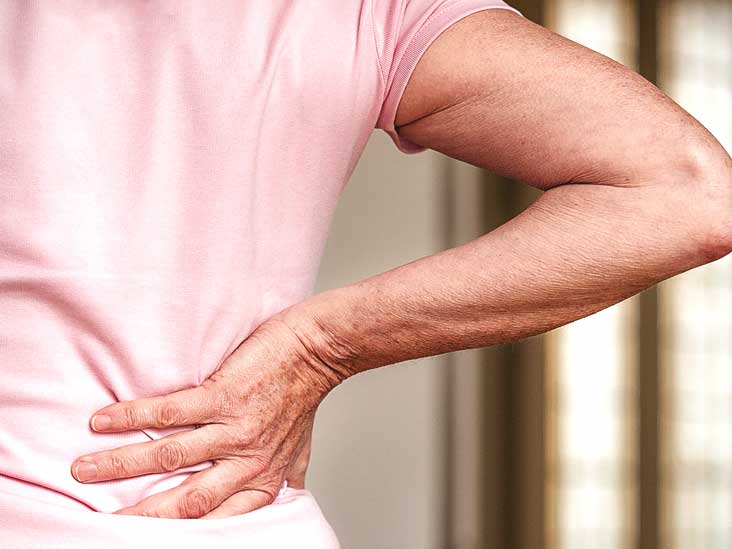- Home
- Editorial
- News
- Practice Guidelines
- Anesthesiology Guidelines
- Cancer Guidelines
- Cardiac Sciences Guidelines
- Critical Care Guidelines
- Dentistry Guidelines
- Dermatology Guidelines
- Diabetes and Endo Guidelines
- Diagnostics Guidelines
- ENT Guidelines
- Featured Practice Guidelines
- Gastroenterology Guidelines
- Geriatrics Guidelines
- Medicine Guidelines
- Nephrology Guidelines
- Neurosciences Guidelines
- Obs and Gynae Guidelines
- Ophthalmology Guidelines
- Orthopaedics Guidelines
- Paediatrics Guidelines
- Psychiatry Guidelines
- Pulmonology Guidelines
- Radiology Guidelines
- Surgery Guidelines
- Urology Guidelines
Diabetes medicines control blood sugar and improve associated back pain

In a review, University of Sydney researchers have found that diabetes medication could decrease chances and intensity of pain, possibly via its effect on blood sugar levels. Surveys of people with diabetes report rates of chronic pain including back pain and neck pain anywhere from 20% to over 60% — much higher than rates in the general population .
The higher risk of 35 per cent of low back pain and 24 per cent risk of neck pain in diabetes can be taken care of by controlling blood sugar with diabetes medicines. Their findings, based on meta-analyses of studies that assess the links between diabetes and back or neck pain outcomes, were published today in PLOS ONE.
"Diabetes and low back pain and neck pain seem to be somehow connected. We can't say how but these findings suggest further research into the link is warranted," said Manuela Ferreira, Associate Professor at the University of Sydney in Australia.
Most adults experience low back pain during their lives and almost half suffer neck pain at some stage. Diabetes is an increasingly prevalent chronic condition; an estimated 382 million people live with type 2 diabetes, the most common form of this metabolic disease.
There was insufficient evidence in the review to establish a causal relationship between diabetes and back or neck pain, the paper's senior author Associate Professor Manuela Ferreira from the University's Institute of Bone and Joint Research said. But the findings warrant further investigation of the association.
"Type 2 diabetes and low back pain both have a strong relationship with obesity and lack of physical activity, so a logical progression of this research might be to examine these factors in more detail. Our analysis adds to the evidence that weight control and physical activity play fundamental roles in health maintenance."
The paper also found diabetes medication could influence pain, possibly via its effect on blood glucose levels, and this connection should also be investigated. It also recommended health care professionals should consider screening for unknown diabetes in patients seeking care for neck pain or low back pain.
"Neck and back pain and diabetes are afflicting more and more people," said co-author and collaborator Associate Professor Paulo Ferreira from the Faculty of Health Sciences. "It's worth committing more resources to investigate their interrelationship. It may be that altering treatment interventions for diabetes could reduce the incidence of back pain, and vice versa."
For further reference log on to :
DOI: 10.1371/journal.pone.0212030

Disclaimer: This site is primarily intended for healthcare professionals. Any content/information on this website does not replace the advice of medical and/or health professionals and should not be construed as medical/diagnostic advice/endorsement or prescription. Use of this site is subject to our terms of use, privacy policy, advertisement policy. © 2020 Minerva Medical Treatment Pvt Ltd